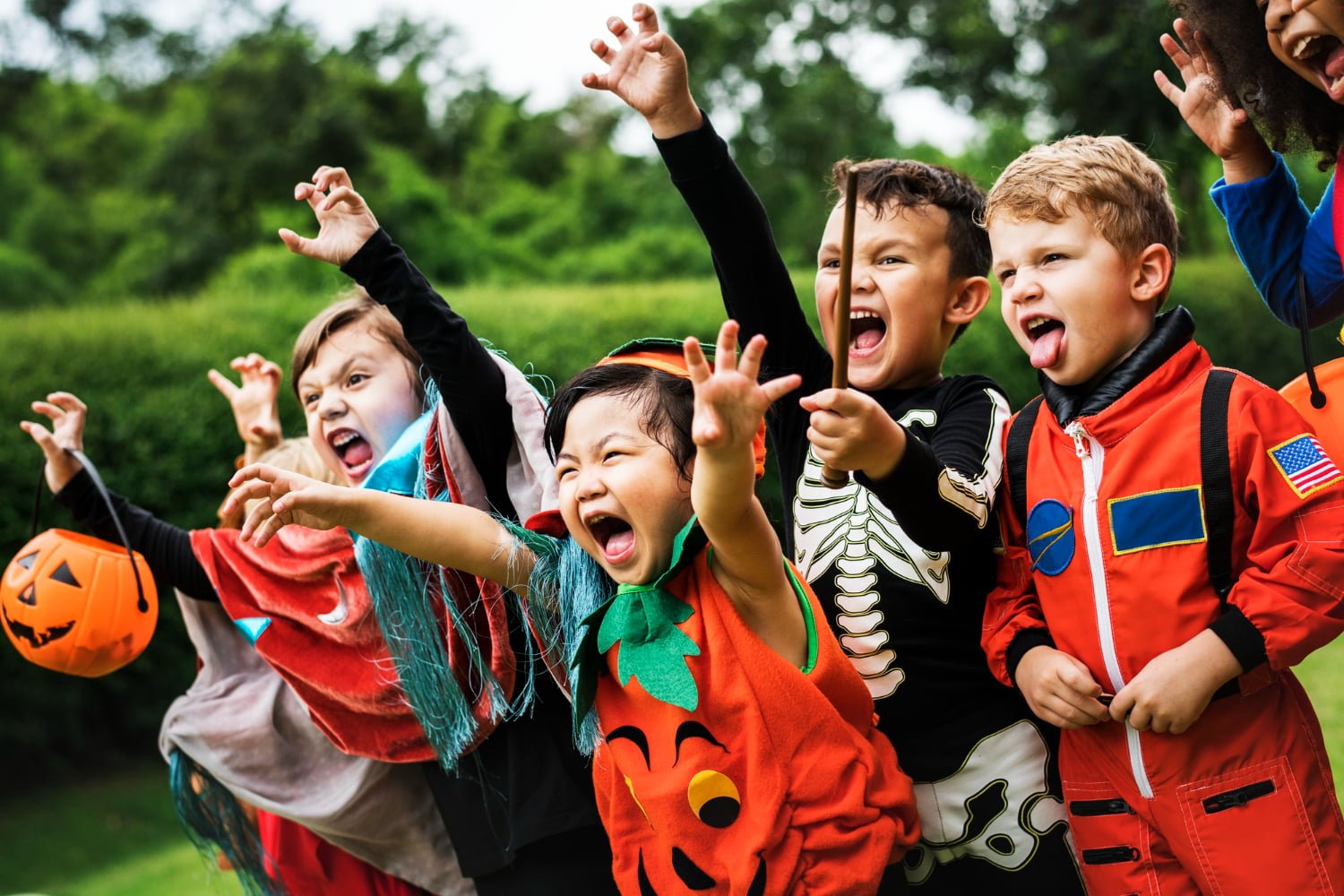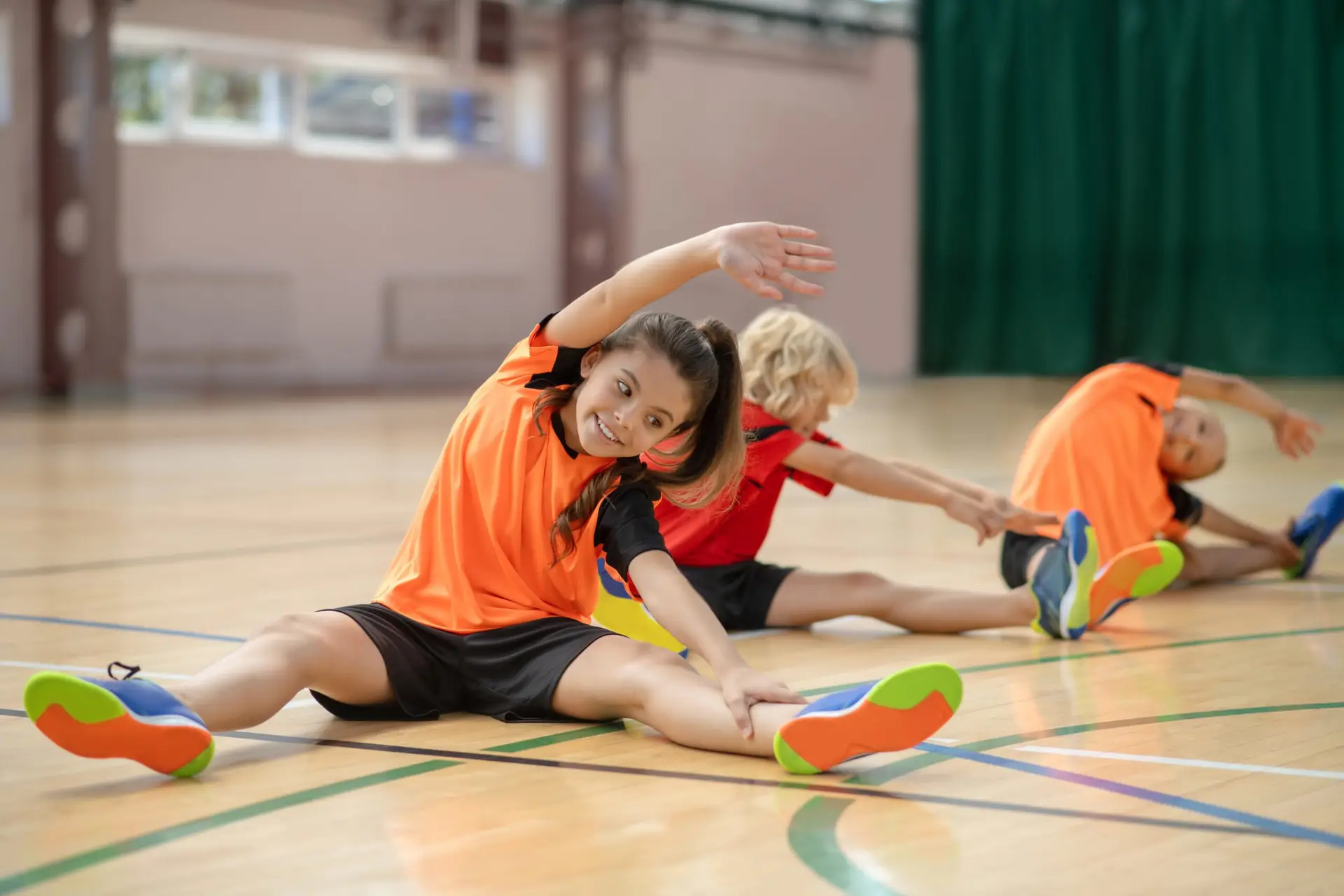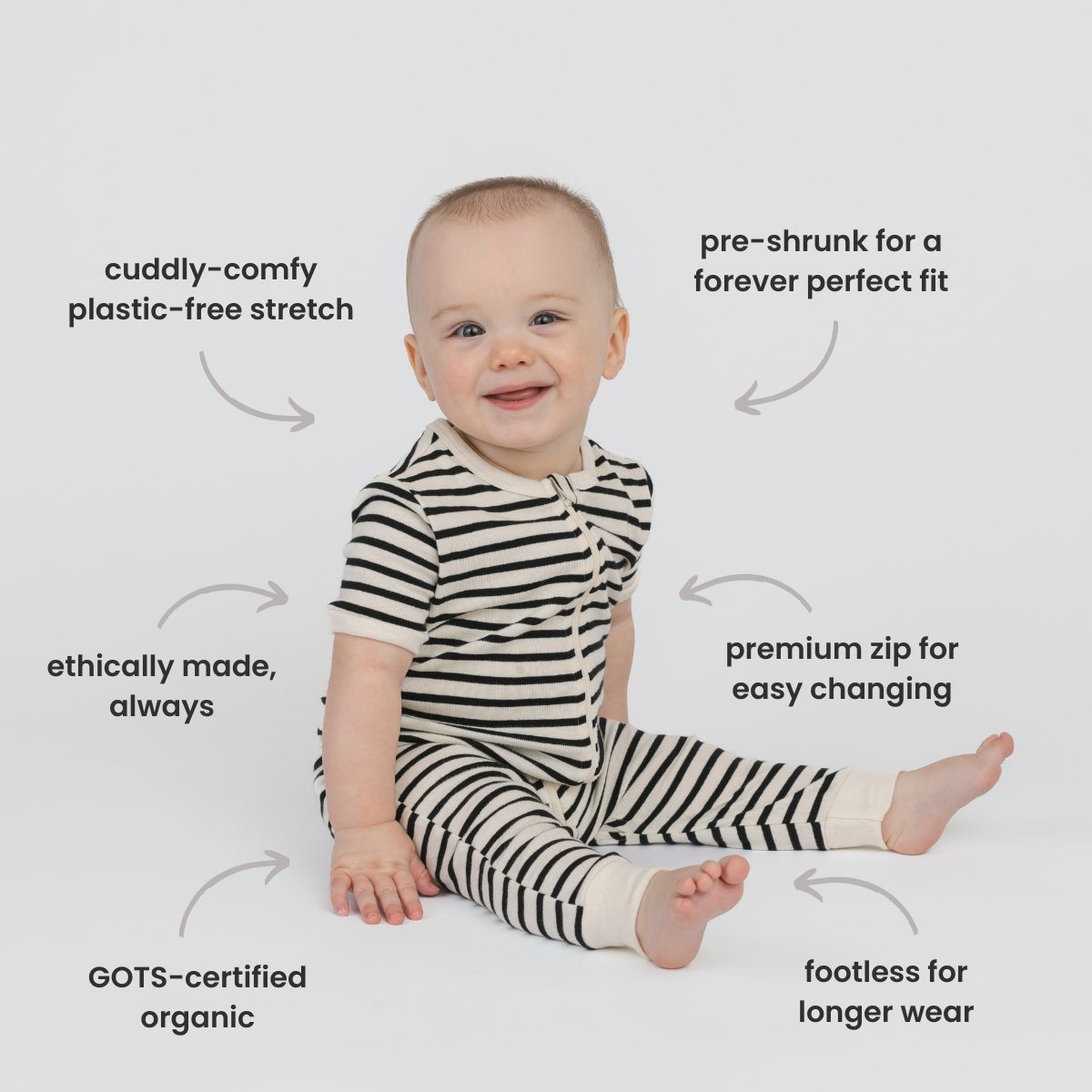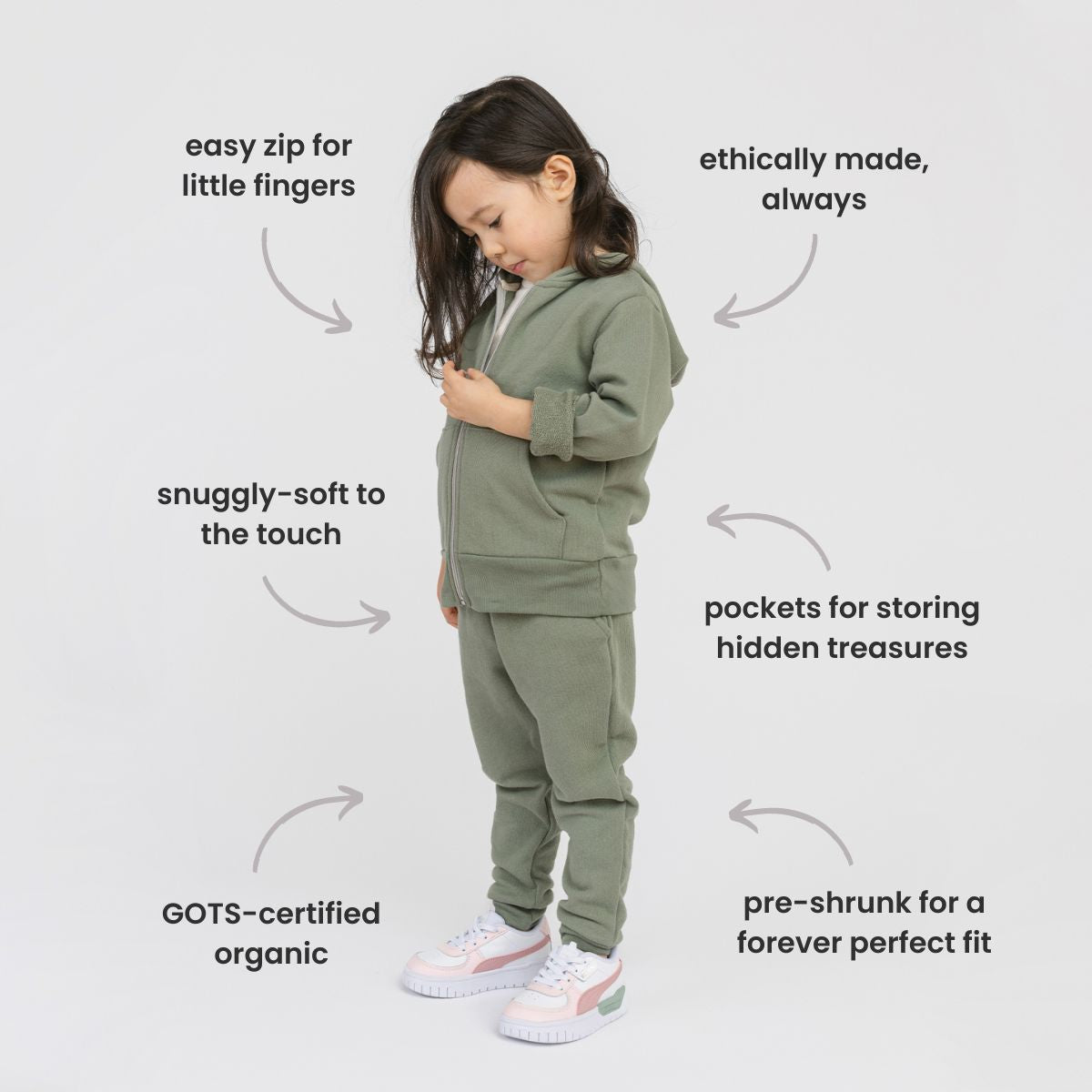Nurturing Eco-Warriors: A Parent’s Guide to Raising Kids Who Love Sustainable Living
Think about this: As your child grows up, they revolutionize sustainable living. It’s not a far-fetched dream – it is a reality within your reach. As parents, we can shape the future, one eco-conscious child at a time. It’s not just about the planet – we need to provide our children with the tools to thrive in a constantly changing world.
Did you know that children who grow up with sustainable practices are 24% more likely to report higher levels of life satisfaction as adults? Or can families who adopt eco-friendly habits reduce their carbon footprint by up to 30%? These aren’t just numbers – glimpses into a brighter future we can create together.
This guide will help parents raise kids who love sustainable living and potentially save the planet. Get ready, fellow parents. Here’s the ultimate guide to raising sustainable kids.
The Green Revolution Starts at Home: Why Sustainable Living Education Matters
We have to admit that our planet is in trouble. As global temperatures rise and natural disasters become the new normal, our children face unprecedented environmental challenges. By instilling sustainable values in our children, we’re not just helping the planet – we’re setting them up for success in a world increasingly concerned with the environment.
With companies scrambling to go green, governments implementing eco-friendly policies, and consumers demanding sustainable products, raising environmentally conscious children can help future-proof their careers and lifestyles.
But it’s not all about the future. The benefits of eco-friendly parenting are immediate and tangible. Families Who Embrace Sustainable Living Report:
- Reduced utility bills (up to 25% reduction in energy costs)
- Cleaner air and chemical-free products lead to improved health
- Participation in environmental initiatives strengthens a sense of community
- Children’s creativity and problem-solving skills are enhanced
It all begins with the early years, so how do we get started on this green parenting journey?
Starting Early: Laying the Foundation for Sustainable Living (0-5 years)
The first time your child said “recycle” was a moment of pure joy. Kids absorb habits and values faster than we can say “climate change.” That’s because they are sponges, especially at an early age. It’s a hopeful sign for the future.
Creating a green home environment is the first step. Swap out plastic toys for eco-friendly alternatives made from sustainable materials like wooden blocks, cloth dolls, or recycled plastic toys. Did you know the average child owns over 200 toys but only plays with 12 daily? By choosing quality over quantity and opting for eco-friendly toys, we’re not just reducing waste but teaching valuable lessons about mindful consumption.
Establishing recycling habits early on can be a game-changer. Make it fun! Create a recycling station with colorful bins and turn sorting into a family activity. Before you know it, your toddler will be the recycling police, ensuring every scrap of paper finds its rightful home.
It’s outside where the real magic happens. Studies have shown that children who spend time in nature create 20% stronger ecological ethics than adults. Nature-based play isn’t just fun – it’s vital for developing environmental awareness. Now, let’s get muddy with those tiny feet!
Here are some simple nature activities for the little ones:
- Create a mini garden in your backyard or balcony
- Go on a “nature treasure hunt” in your local park
- Make art using leaves, twigs, and flowers
Books about nature and the environment can spark curiosity and foster a love for the planet. ‘The Lorax’ by Dr. Seuss is more than just a classic – it’s an excellent tool for teaching children about environmental issues. Other recommended books include ‘The Great Kapok Tree’ by Lynne Cherry and ‘The Earth Book’ by Todd Parr.
Building Knowledge and Habits: Elementary Years (6-12 years)
As our little eco-warriors grow, so does their capacity to understand and impact the world around them. The elementary years are prime time for expanding environmental education and cementing sustainable habits.
It’s not just about grades – it’s about developing critical thinking and problem-solving skills that our children can utilize far beyond the classroom. Schools with environmental education programs report a 65% boost in science test scores.
Take advantage of school and extracurricular environmental programs and activities for your child. From science fairs to eco-clubs, these experiences can ignite a passion for sustainability.
We should always appreciate the power of hands-on learning. Gardening and composting are not only fun – they are incredible teaching tools.
A single compost bin is estimated to divert up to 600 pounds of organic waste from landfills each year. Imagine what the impact of every family composting would be!
Energy and water conservation are other crucial areas to focus on during these years. Create fun challenges for reducing waste and saving resources. For example:
- The “Lights Out” challenge: Who can remember to turn off lights when leaving a room?
- The “Shower Power” contest: Who can take the quickest shower while still getting clean?
These games save resources and teach kids about the impact of daily choices on the environment. It’s about making sustainability a habit, not a chore.
Empowering Action: Teenage Years (13-18 years)
Those teenage years: when eyes roll, doors slam, and… environmental activism? Certainly! Teens today are at the forefront of the climate movement, and for good reason. Our planet is in crisis, and teens are unafraid to speak out.
The best way to teach children about complex issues like climate change and biodiversity loss is to engage them in discussions, ask them questions, and encourage them to think critically rather than lecture.
In recent years, it has been crucial to promote eco-friendly consumer habits.
Teens can make a real difference by buying secondhand clothing that has been produced sustainably. The fashion industry is estimated to grow 10% of global greenhouse gas emissions.
It’s important to empower your teens to participate in household sustainability decisions. Not just making sustainable choices but also making them able to make sustainable ones.
Youth can make a difference through environmental activism. Please encourage them to join local initiatives or even start their projects. Remember Greta Thunberg’s climate strike? It began as a one-person protest – now it’s a global movement.
Leading by Example: The Role of Parents in Sustainable Living
Unless we walk the walk, our kids will see that we care about the environment. Modeling sustainable behaviors in daily life is essential for raising eco-conscious children.
Every action is an opportunity to teach. Choose a reusable water bottle instead of a plastic one, or take public transportation instead of driving.
Despite our best efforts, we could be better. Sustainable living is a journey. Be open about the challenges, your successes, and your stumbles. It is through these stumbles that we learn the most.
Adapting to environmental issues is key. Attend workshops, read books, watch documentaries, and involve your kids in learning. It’s not about becoming an expert but showing them that learning never stops.
Parenting while maintaining a sustainable lifestyle can be challenging. Sometimes convenience wins over eco-friendliness, but that’s okay. Educate your children about trade-offs and mindful decision-making. The complex world they’ll inherit will be prepared for them with these nuanced conversations.
Overcoming Challenges: Addressing Obstacles to Sustainable Living
Raising eco-conscious children can be challenging. From external influences to our limitations, there will always be obstacles. But here’s the good news: each obstacle provides an opportunity to grow and learn.
A big challenge is dealing with external influences. Maintaining sustainable values can seem impossible in a world full of flashy ads and peer pressure. You can help kids evaluate messages critically instead of shielding them from these influences.
Ask questions such as:
- What are the benefits of this product or behavior?
- How does this affect the environment?
- How can we find more sustainable alternatives?
Children taught to think critically are not just environmentally conscious but will also become savvy consumers and leaders in the future.
Families often experience eco-anxiety due to constant news about environmental disasters. To combat feelings of helplessness, you should engage in positive ecological activities together as a family. Plant trees, do beach clean-ups, or start a recycling drive in your neighborhood. These actions make a tangible difference.
Different family situations require different sustainable practices. Sustainable living in urban areas differs from sustainable living in rural areas. Focus on what you can do rather than what you cannot. Every small action counts. With a tight budget, you may approach eco-friendly choices differently than with more financial flexibility.
Celebrating Progress: Recognizing and Rewarding Sustainable Choices
In the journey of raising eco-conscious kids, it’s easy to get caught up in the challenges and forget to celebrate the wins. But here’s the thing – positive reinforcement is powerful. It turns sustainable choices from obligations into sources of pride and joy.
Make an eco-friendly behavior rewards system that is simple for younger kids or teens. The rewards don’t have to be material. Think experiences – a family hike, a trip to a nature reserve, or the chance to choose the next eco-project for your family.
Organize family eco-challenges. Who can go the longest without using single-use plastics? Which family member can reduce their shower time the most in a week? Make it fun and competitive, and watch sustainable habits form almost effortlessly.
Share your family’s sustainability achievements. Post about them on social media and discuss them at family gatherings. It’s not about bragging – it’s about normalizing sustainable living and inspiring others.
Celebrate every small victory. Your first zero-waste grocery trip? Let’s celebrate. Does your teenager choose a secondhand outfit for prom? Let’s celebrate!
Conclusion: Raising the Next Generation of Environmental Stewards
We will end this guide by appreciating our incredible journey as parents raising eco-conscious children. It’s not just about saving the planet, even though that’s awesome. We need to shape compassionate, thoughtful, and resourceful children who will thrive in a constantly changing world.
Children raised with a sense of environmental awareness have a profound ripple effect. Every choice we make, discussion about the environment, and action we take to reduce our carbon footprint adds up. These lessons will impact our children, their peers, future workplaces, and their families.
However, let’s be honest: this journey requires patience, persistence, and constant effort. There will be setbacks. There will be days when it feels like an uphill battle. Remember: you’re not just raising kids but planting seeds of change.
Giving our children the tools and hope to create a sustainable future gives them more than just environmental awareness. It gives them purpose, hope, and a sense of purpose.
Our responsibility as parents is to nurture those little eco-warriors, teach them to love and protect the planet and take steps to make small, daily choices that add to big changes.
Together, we’re not just raising kids – we’re raising our future. And that future? It’s already looking better.
FAQs
Don’t worry, you don’t need to overhaul your entire life overnight! Start small – maybe by involving your kids in sorting recycling or turning off lights together. Make it fun, like a game. Remember, it’s about progress, not perfection. Every little bit helps, and you’re already doing great by even thinking about this!”
Try making it an adventure! Plan a family nature scavenger hunt or start a small garden together. You could even use their love for screens to your advantage – great nature documentaries and eco-friendly apps are out there. The key is to make it engaging and show them how cool our planet is. Before you know it, they might be dragging you outside!”
It’s all about balance and empowerment. Yes, there are challenges, but focus on the positive actions we can take. Celebrate small wins, like using reusable bags or saving water. Show them how their actions make a difference. It’s not about bearing the world’s weight but being part of the solution. Remember, hope is contagious!
Absolutely! Your journey can be a powerful teaching tool. Be open about your learning process. If you forget your reusable bags, talk about how you feel and what you’ll do differently next time. Kids appreciate authenticity, and seeing you try and sometimes struggle shows them that it’s okay to be imperfect as long as we keep trying. You’re modeling resilience and commitment – that’s awesome parenting!
Ah, the eye-rolling phase – a parenting rite of passage! Try connecting sustainability to things they care about. If they’re into fashion, introduce them to eco-friendly brands or upcycling. If they’re socially conscious, show them how environmental issues connect to social justice. Give them autonomy – maybe they can lead a family sustainability project. And don’t underestimate the power of their peer group. Supporting their involvement in school or community environmental initiatives can be a game-changer. Remember, sometimes they listen even when they pretend not to be!
Related Posts



















































































